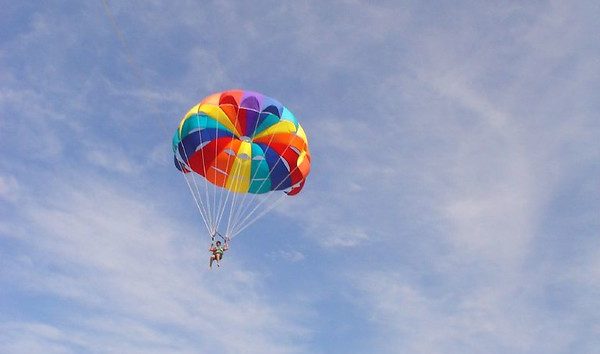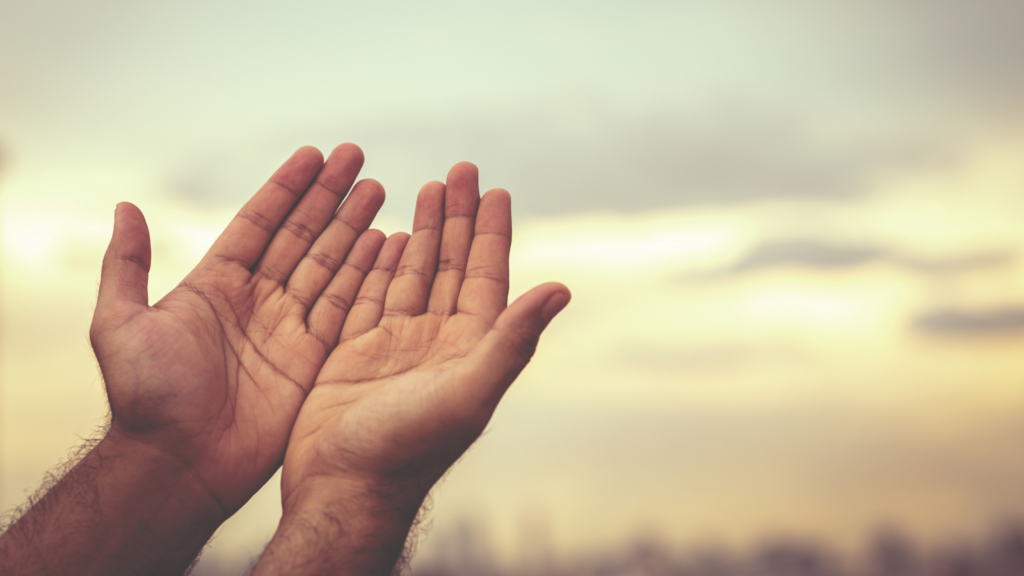Katie Evans discusses the importance of Retreats and how to reshape our relationship with time.

A parachute slows its user down. It would be absurd to jump from a plane saying: ‘I can’t use my parachute, it will slow me down’! Yet we often feel under pressure to maintain our pace in life.
For me a retreat, like a parachute, temporarily slows us down for our own well-being. On 6 – 8 March I will be co-facilitating ‘A Timely Retreat’ at Woodbrooke. We will invite participants to an unhurried, gently curious exploration of our relationship with time. How can our spirituality shape that relationship?
This isn’t about time-management techniques; our relationship with time goes much deeper than that. Let me use myself as an example: mostly I relate to time through my watch. I like the satisfaction of getting things done and the comfort of routine. Clock-time isn’t a terrible place to be, but it’s not perfect either: I can feel worn down by having too much to fit in, or listless from lack of things to do and people to see.
The problems of having too much or too little to do look like polar opposites, but for me the root of both dissatisfactions is the same way of relating to time: seeing time as an inflexible ration that is my responsibility to spend. This is a scarcity economy where we have time, spend time and lack time; where the hours are as indistinct and interchangeable as pound coins (but unlike pound coins, cannot be saved for later). It’s an instrumentalist approach where we are continually on guard, fighting to get value for time/money.
Shifting our attention to being and becoming offers us a more generous relationship with time.
Contemplative and meditative practices train us to be present in the moment. Being present in the moment we experience life as sacred, intrinsically valuable. We don’t need to achieve or produce to justify our existence. Life is a gift. This opens us to an expansive dimension; a freedom and beauty beyond the flatness of clock time.
For Rowan Williams music and contemplation offer a way of relating to time freed from the pressure to acquire:
“If music is the most fundamentally contemplative of the arts, it is not because it takes us into the timeless but because it obliges us to rethink time: it is no longer time for acquiring ideas … It is simply time for feeding upon reality; quite precisely like that patient openness to God that is religious contemplation.”
Being doesn’t mean being static, frozen, set in stone. Our being is always becoming — that’s the joy of living in time. But change may not be as easily purchased or controlled as advertisers and self-improvement books imply. I believe a spirituality which combines compassionate understanding of our human limitations with openness to transformation offers us a more hopeful route. With that in mind, I’ll give the last word to Quaker Advices & Queries:
“Every stage of our lives offers fresh opportunities. Responding to divine guidance, try to discern the right time to undertake or relinquish responsibilities without undue pride or guilt. Attend to what love requires of you, which may not be great busyness.”
A Timely Retreat runs from 6pm on 6 March 2020 until 2pm 8 March. Book here.
Katie Evans is a Quaker who loves making breathing space for the Spirit.
Website: https://katie.element42.org



